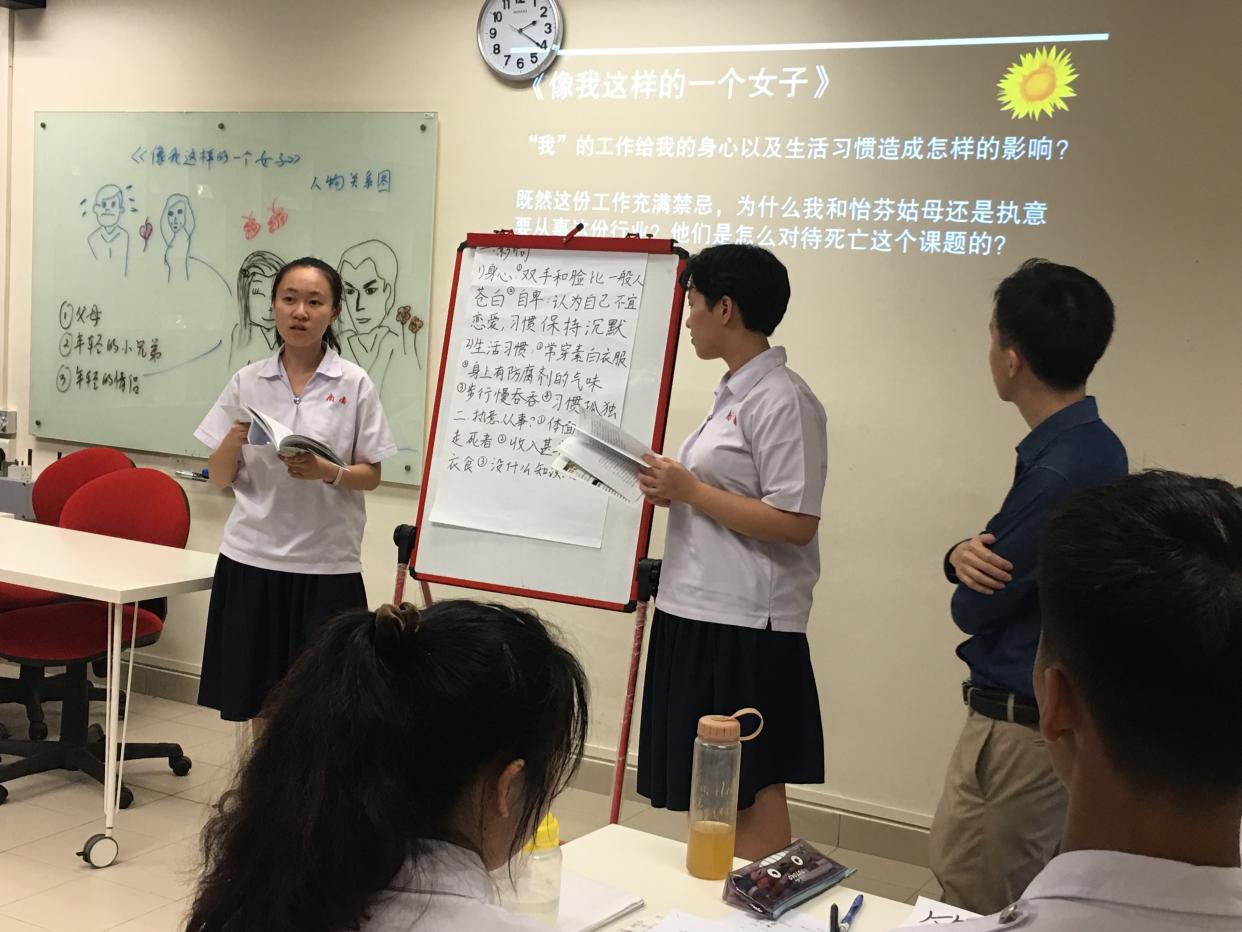PISA study: Singapore teen students more afraid of failure than global peers

SINGAPORE — There is a greater fear of failure among Singapore’s teenage students compared with their peers worldwide, according to findings from a triennial global study.
6,676 students from Singapore - representative of different socioeconomic strata, ethnicity and performance levels, among others - took part in the 2018 edition of the Programme for International Student Assessment (PISA).
Conducted by the Organisation for Economic Cooperation and Development (OECD), PISA assesses the ability of 15-year-old students to apply knowledge and skills in reading, mathematics and science. It also evaluates their ability to analyse, reason and communicate effectively compared with their similarly-aged peers around the world.
Among others, the study revealed that proportionately more students in Singapore expressed a greater fear of failure.
For example, 78 per cent of Singapore respondents agreed or strongly agreed with the following statement: “When I am failing, this makes me doubt my plans for the future”. By comparison, the OECD average of students who felt the same way was only 54 per cent.
Speaking to reporters on Monday (2 December) at the Ministry of Education (MOE), a day before the study results were released, deputy director-general of education Sng Chern Wei said the ministry aims to help more students view setbacks as a natural part of learning and growing.
“The few important educational shifts we have announced over the last couple of years are actually helping to nudge students’ behaviour in the right direction. They are aimed at helping our students to reduce their over-preoccupation with examination grades, and also to encourage more intrinsic motivation in their learning,” added Sng.
For example, the achievement-level scoring system for PSLE will be introduced in 2021. Three years after, full subject-based banding and the removal of streaming for secondary students will be rolled out.
Consultant educationist Dr Ho Boon Tiong, who has been working in education since 1986, agreed with the study’s findings. He noted that exams are “high stakes matters” in Singapore, given that students feel they must not only perform well, but better than their peers.
Dr Ho cited the 2015 PISA study, which assessed students’ well-being. In response to the statement “I feel very anxious even if I am well prepared for a test”, 76 per cent of Singapore students agreed or strongly agreed, compared with the OECD average of 55 per cent.
He added, “However, learning to cope with fear (often perceived than real) is also a personal growth aspect. After all, F.E.A.R. may simply mean ‘false evidence appearing real’.”
Parents and teenagers also told Yahoo News Singapore that they were not surprised by the results of PISA 2018.
Janice Chan, 15, who will be sitting for her ‘N’-level exams next year, pointed out that many polytechnic and junior college courses require a pass or good result in every subject, especially English and Mathematics. “It makes us worry and feel that revision and studies are not enough, especially since a lot of us are weak in Maths. Sometimes, even when we study hard for it, we still fail. It causes us to worry and feel scared about failures in our exams, and it affects our plans for the future.”
Mother of two Josephine James, 42, felt that while Singapore’s education system gives students career guidance from a young age, it is a double-edged sword. “We are giving them the tools to survive in the modern world, but on the other hand, they become stressed out and see every exam as a determination of their self-worth. And that’s very scary for a 15-year-old child.”
James, whose 16-year-old daughter has just finished sitting for her ‘O’-levels, said that other factors, such as social media sites, add to their stress levels. “There is an inherent nihilism in 15 and 16-year-old kids, and they go through that existential crisis. There is already so much stress at that age and you throw in exams into that mix. They are stretched, they want to do everything perfectly.”
Related stories
Singapore loses No. 1 PISA global student ranking to China
Students exempted from mother tongue language will be treated fairly under new PSLE system: Indranee
COMMENT: Revised PSLE scoring system - why the need to change, and will things change?



